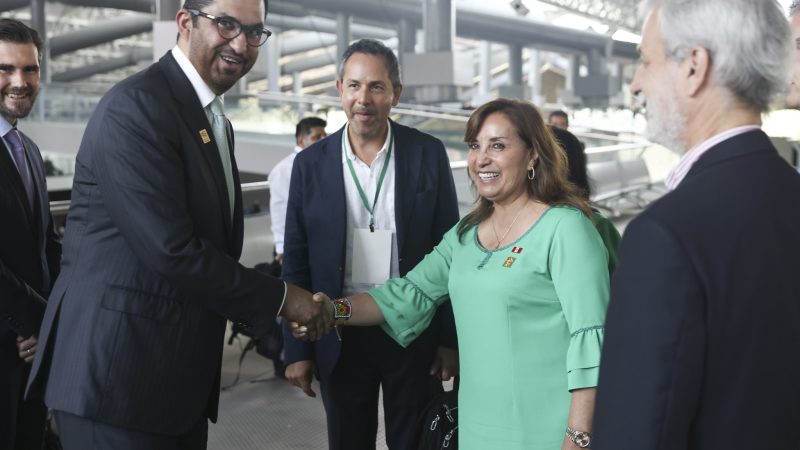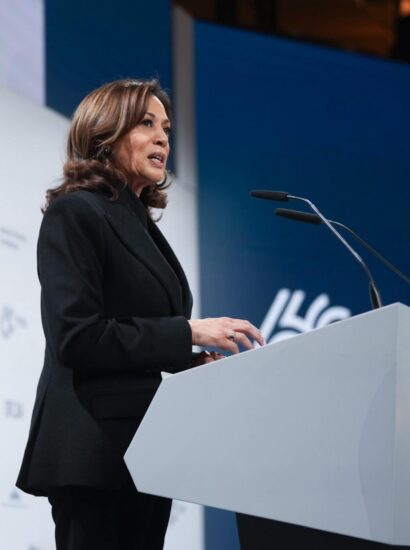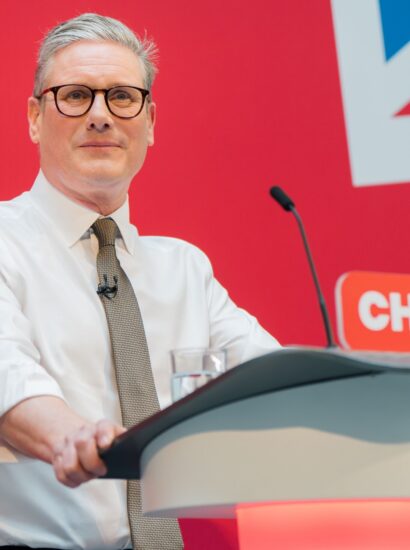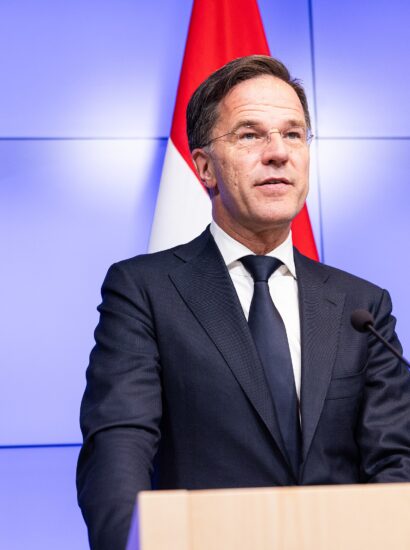The United Nations climate conference of parties (COP28) summit, held in Dubai between November 28 and December 12, will conclude with the first assessment of what countries have achieved since signing the Paris Agreement in 2015. That mobilised global collective action to limit the global temperature increase to 1.5 degrees Celsius above pre-industrial levels by 2100, and to act to adapt to the already existing effects of climate change. The previous COP27 focused very much on issues of the Global South. On the top of the concerns was how to finance the developing countries’ green transitions. The major achievement of last year’s conference was the establishment of the Fund for Loss & Damage.
The current summit comes at a critical time. 2023 is virtually certain to be the hottest calendar year ever, as we experienced 1.3 degrees Celsius of global warming since the 19th century.
Climate-related disasters are worsening as temperatures rise. Heat waves are intensifying, tropical cyclones are strengthening, floods and droughts are growing more severe wildfires are blazing. Nearly 12 000 weather-, climate- and water-related disasters struck worldwide over the last five decades. They’ve caused $4.3 trillion in damage, and they’ve killed more than two million people, ninety percent of these deaths have occurred in developing countries.
Oilmen and Refraining Superpowers
The more interesting question is who will not. The world’s two biggest climate decision-makers — U.S. President Joe Biden and Chinese President Xi Jinping — are not expected to show up. But their emissaries will. John Kerry will represent the US as the president’s right-hand man on climate issues since 2021. In fact, then secretary Kerry helped President Obama secure the Paris Agreement. Kerry’s Chinese opposite number is Xie Zhenhua. The two men met over five days in California three weeks before the summit – securing agreements including a pledge that China would reduce emissions from its power sector this decade. Xie Zhenhua also a veteran diplomat and his relationship with Kerry could be pivotal to the summit’s success.
The U.S. isn’t likely to commit money to a landmark fund for poorer nations’ climate damages, a pot of money that has placed Washington at odds with both developing countries and the European Union.
There will be plenty of other power players. For example, the organiser, the United Arab Emirates (UAE). The UAE’s decision to put the chief executive of its national oil company Sultan al-Jaber at the helm of the summit blew out the fuses among climate activists. “Completely ridiculous,” Greta Thunberg commented the choice. Given that al-Jaber is the head of one of the world’s largest petroleum producers, he is a suprising choice, at least.
Against a chorus of green critics, Kerry has called the UAE oil chief a “terrific choice”, embracing the idea that you can’t tackle emissions without the fossil fuel companies in the room.
Meanwhile a leaked document just revealed, confirmed that the UAE will likely use its position as host country to discuss oil and gas deals with more than a dozen countries.
As an important funder of climate goals, the EU will be represented on several levels at the event: President of the European Council Charles Michel, Commission President Ursula von der Leyen and because Madrid holds the rotating presidency of the Council of the European Union – Spain’s ecological transition minister, Teresa Ribera. Last but not least, the bloc’s new Climate Action Commissioner Wopke Hoekstra is also attending. (Who also dealt with oil as an executive at Shell Oil, before moving on to politics.)
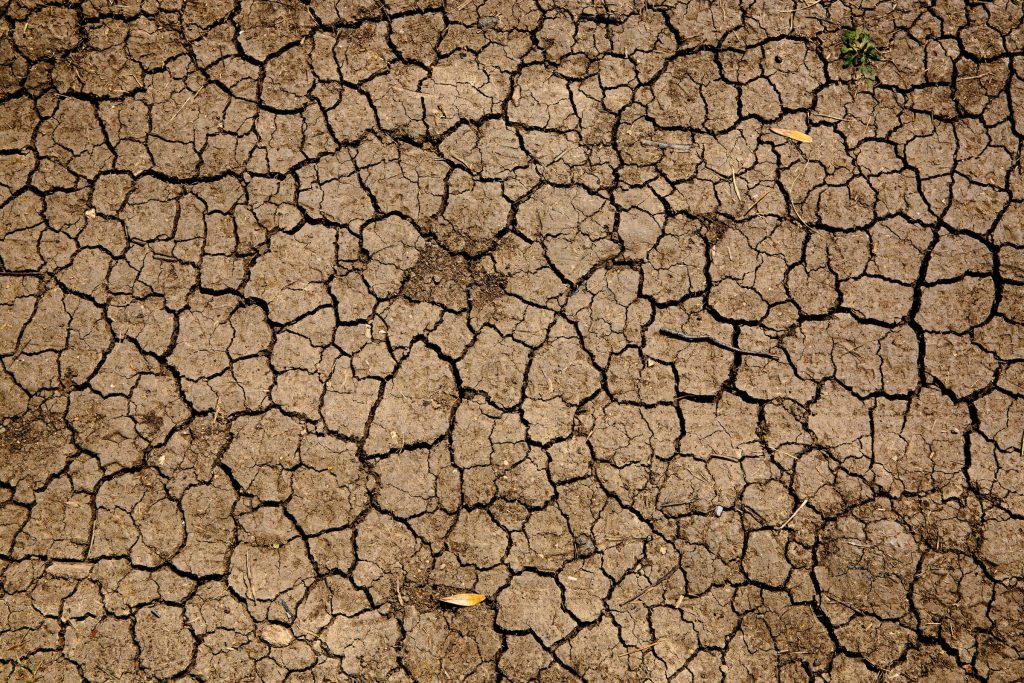
Illustration (Photo: Mike Erskine/Unsplash)
COP28: Rising Sea Levels, Rising Global Warming Limits?
The summit set some ambitious goals such as accelerating a fair energy transition, also known as just transition and financing the combat against climate change.
Even as climate advocates call for eliminating fossil fuels, companies continue to launch major production plans. Earlier this year, for example, President Joe Biden’s administration approved the $8 billion Willow project in Alaska which expected to yield some 600 million barrels of oil over three decades.
The concept of just transiton also defines who pays the price of pollution. Poor and developing countries want money from developed countries, saying they emitted the carbon dioxide that causes warming.
According to Bloomberg rich countries finally hit a long-overdue goal in 2022 to provide $100 billion in climate finance to poor countries to reduce emissions last year, the original goal was to reach by 2020. The problem is that this amount of money is still not enough.
The gap between what developing countries need and how much money is flowing their way is growing. According to a report by the OECD, developing countries will need about $1 trillion a year for climate investment by 2025. The European Union will make a “substantial” financial commitment to a new fund for climate damages, Wopke Hoekstra just announced.
Another big debate around COP28 is whether it is still realistic to limit global warming to an average of 1.5 degrees Celsius or whether we should be talking about 2 degrees.
There is not much good news about the latter, because in this case we would have to expect a sea level rise of 12-20 meters, and according to our current models, frozen methane would also be released from under the permafrost, which would exponentially increase further warming.
Other UN calculations carried out before COP28 suggest that we are already heading towards 2,8 degrees Celsius under current rules. In stark contrast to the trickle of climate finance, fossil fuel subsidies have skyrocketed in recent years.
We are just six years away from breaching the Paris Agreement’s temperature target of 1.5 degrees Celsius, setting the stage for much worse catastrophes if no action is taken. Decision-makers need to find new, innovative sources of finance and ensure that climate finance is aligned with the needs of developing countries.
The world needs an equitable transformation. Only a radical reduction in inequality, transformative climate action and a fundamental shift in our economic goals as a society can save our planet while ensuring the well-being of all.

